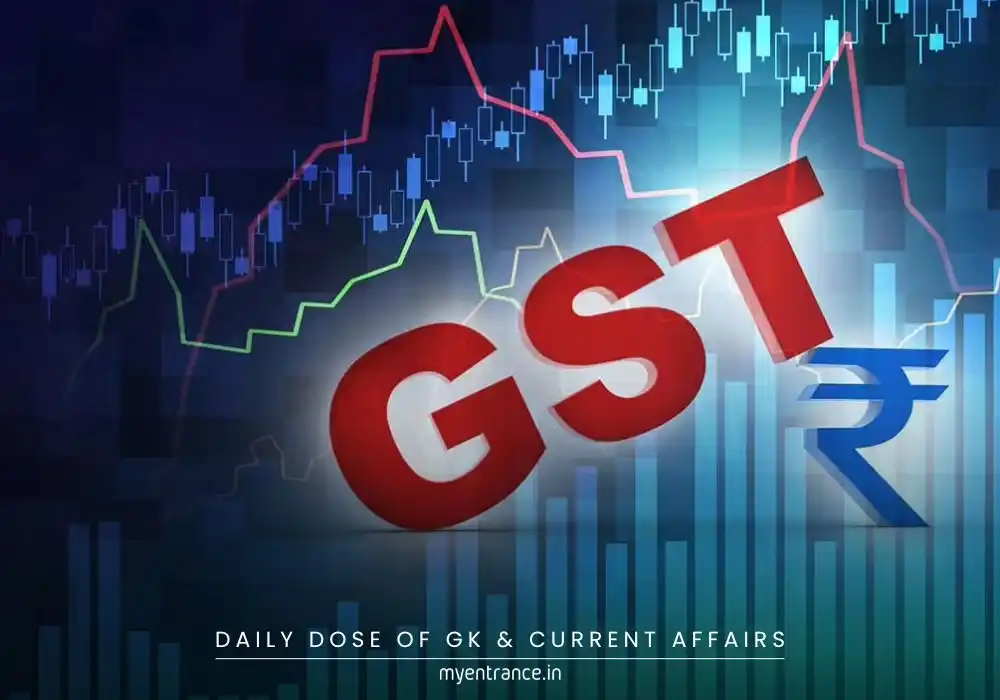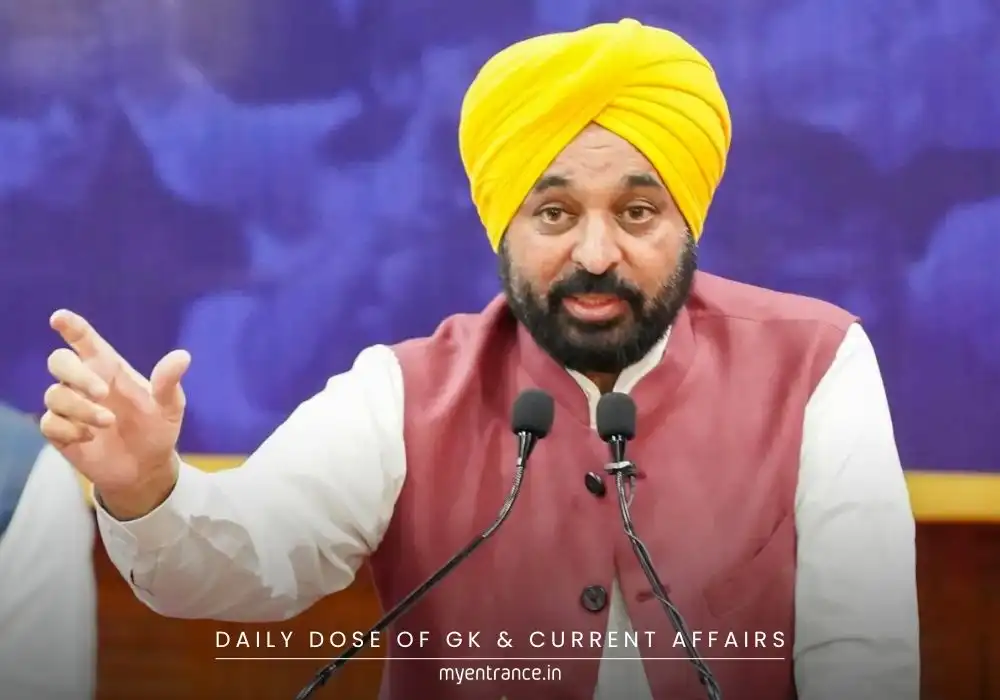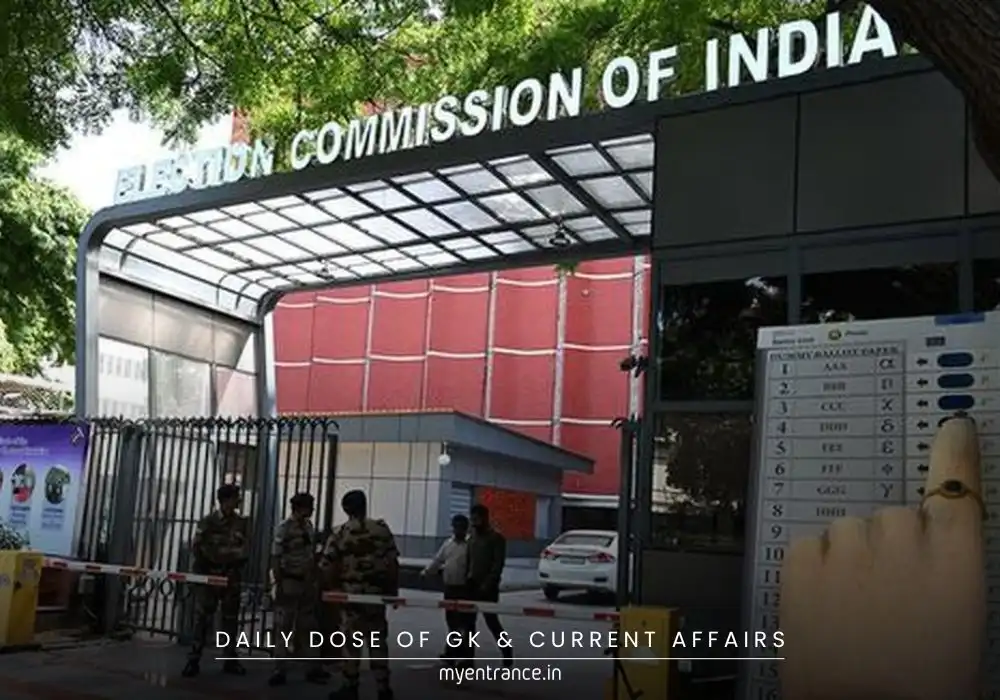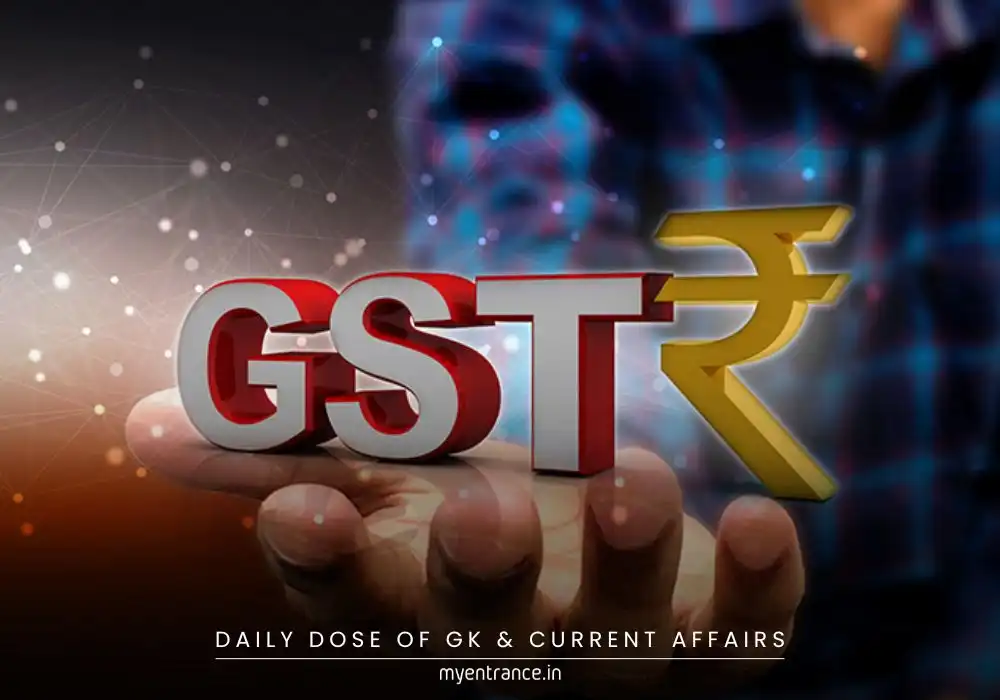Translate Language
Why Is the Government Pushing for GST Changes Now?
The Indian government is reportedly planning a significant overhaul of the Goods and Services Tax (GST) system. With the PMO’s in-principle approval, changes like slab rationalization and compliance simplification could be introduced in the upcoming GST Council meeting in August.

Potential GST Reforms: What’s Changing?
Recent reports indicate that the Centre is considering major GST reforms to streamline the tax structure. Key discussions include:
Reducing Tax Slabs: Currently, GST has five primary rates—0%, 5%, 12%, 18%, and 28%. The 12% slab may be eliminated, merging items into either 5% or 18%.
Easing Compliance: Businesses have long struggled with complex GST filings. The new reforms aim to simplify processes, reducing compliance burdens.
Preparing for FTAs: A simplified GST system could help Indian businesses compete better in international markets, especially with upcoming free trade agreements.
Why Is the Government Pushing for GST Changes Now?
Economic Stability: With strong macroeconomic indicators, policymakers believe this is the right time for reforms.
Industry Demands: Businesses have raised concerns over multiple tax rates and input tax credit confusion.
Political Consensus: Both central and state governments are in discussions to finalize a balanced approach.
Compensation Cess & Future Steps
The compensation cess (applied on luxury and sin goods) was extended till March 2026 to repay COVID-era borrowings. A separate GoM is evaluating how to utilize surplus funds from this cess.
The final proposal will be presented in the August GST Council meeting, where state finance ministers and the Union Finance Minister will take a collective decision.
Sample Questions & Answers for Competitive Exams
Q1: What is the proposed change in GST slabs under the new reforms?
A: The government is considering removing the 12% slab, merging items into either 5% or 18%.
Q2: Why is the GST revamp being discussed now?
A: Due to stable economic conditions and industry demands for simplification.
Q3: What role does the GST Council play in tax reforms?
A: It is the highest decision-making body, comprising state and central finance ministers.
Q4: Till when has the compensation cess been extended?
A: Until March 31, 2026, to repay COVID-related borrowings.
Q5: How will GST reforms impact Indian businesses?
A: Easier compliance and fewer tax slabs could boost efficiency and growth.
Why Is This Important for Exams?
Questions on GST reforms frequently appear in UPSC, SSC, PSC, KAS, and other competitive exams. Understanding:
Current tax slabs
Proposed changes
GST Council’s role
Economic implications
…can help you tackle both prelims and mains effectively. Stay updated for the August GST Council meeting’s outcomes!
Get 3 Months Free Access for SSC, PSC, NIFT & NID
Boost your exam prep!
Use offer code WELCOME28 to get 3 months free subscription. Start preparing today!















